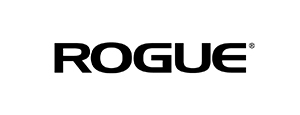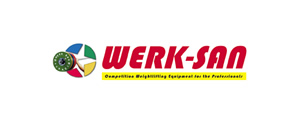”The International Federations’ interests should be better recognised” – says ASOIF President Oswald
The IWF was also represented by its President and General Secretary at the ASOIF General Assembly yesterday in London, where, among others, the idea of a ‘European Games’ came up.
The Association of Summer Olympic International Federations yesterday expressed surprise over the European Olympic Committee’s plans to launch a European Games, saying that the sporting calendar on the continent is already at breaking point.
Last October, the EOC commissioned a feasibility study into launching the multi-games event, which would slot in between the Olympics and would be modelled along the same lines as the Asian and Pan American Games.
Europe is the only major continent that does not already have its own multi-sport games and the EOC has claimed that it is responding to the requests of national Olympic committees in drawing up plans for such an event. However, Denis Oswald, president of the ASOIF council and of FISA, the international rowing federation, said today that the interests of the global sporting community have not been taken into account.
Speaking to ASOIF members at the SportAccord Convention in London, Oswald said: “We contacted the EOC immediately when we heard, surprisingly through the media, that there was a discussion about organising a European Games. The calendar in Europe is already full to the gills and we do not see how we could fit the games in.
“The EOC are naturally focused on the European continent and not on the international federations’ interest. We reminded [EOC president] Patrick Hickey and the board members of that. We are not for such games in Europe.”
On the issue of multi-sport games, ASOIF director Andrew Ryan said that the organisation deserved more respect from event organisers.
He explained: “The amount of resources international federations are being asked to cater for these games is a big resource and we receive no compensation. We will begin discussions with organisers over how best to compensate the international federations.”
Ryan said ASOIF wants more of a say in when the games are held, and will also propose greater co-operation over marketing of such events and “not only compensation on our time and resources but perhaps a share in the revenue.”
Oswald added: “We want our contribution to be recognised. If we want to satisfy the needs and demands of those organisers it means federations have to hire more staff, for example, and that is not always easy financially.”
Ryan also reassured ASOIF members of their authority on matters of governance, after admitting there was a growing concern that governments around the world were attempting to interfere in the work of national federations and NOCs.
He said: “Governments are now more inclined than ever to intervene and put constraints on national sporting bodies to limit the number of terms a president can rule, for example. We have to protect the autonomy of sport and sports bodies. Governments can suggest, but they cannot impose.
“If we allow them to start intervening on minor things, then the issue will become far more serious.”
Ryan cited a letter dated June 9, 2010 from IOC president Jacques Rogge, saying that “only an international federation can recognise a national federation with regard to territory,” as having aided ASOIF in its quest to maintain the barriers between sport and politics.














